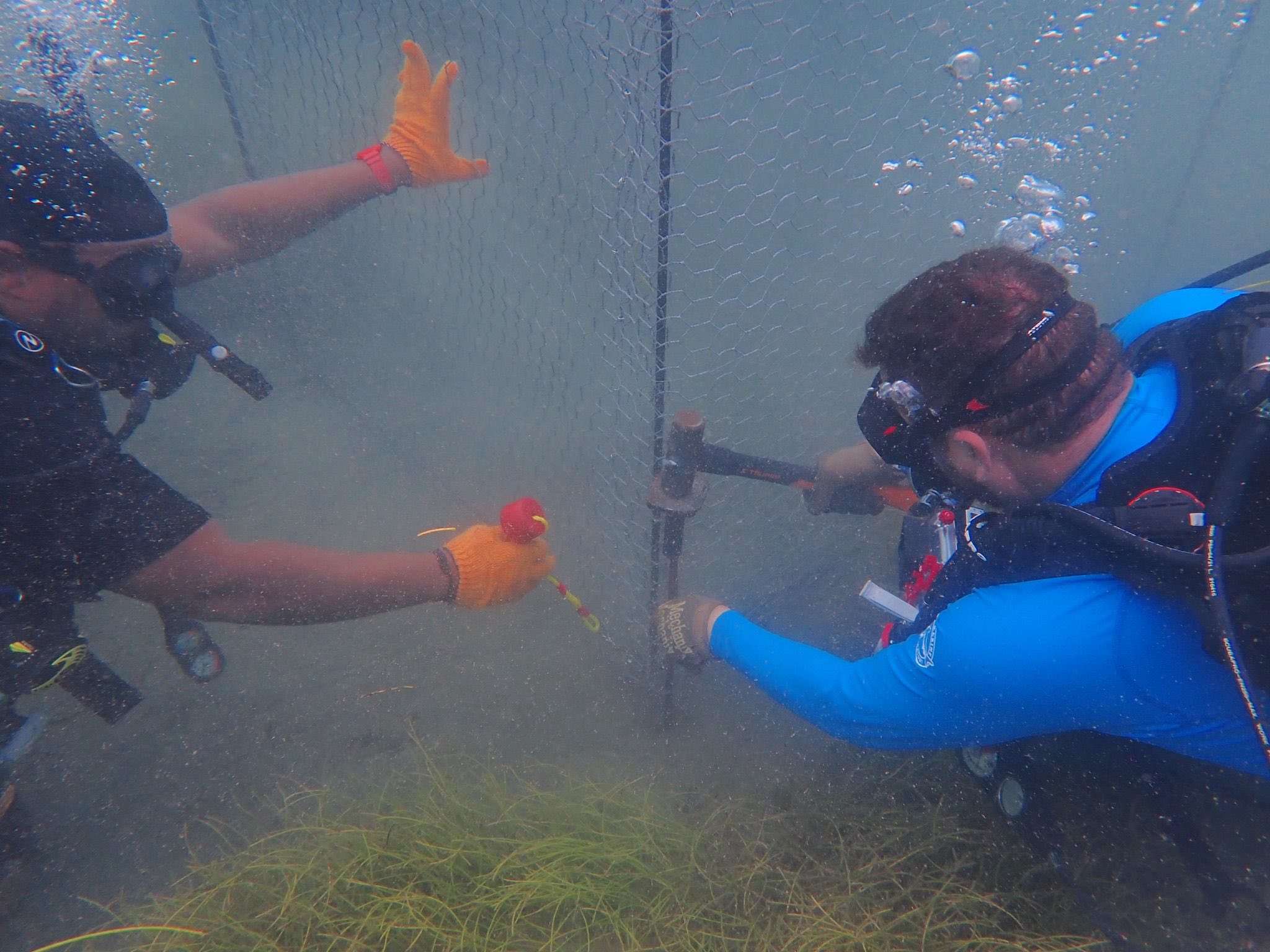Pioneering King Crab Aquaculture for Coral Reef Regeneration and Sustainable Development in St. Kitts and Nevis
The twin-island nation of St. Kitts and Nevis embarked on a groundbreaking initiative in May 2025, partnering with the Caribbean Aquatic Restoration Effort St. Kitts and Nevis (C.A.R.E.SKN) to pilot a Caribbean King Crab farming program. This innovative project represents a significant stride towards bolstering marine conservation efforts while simultaneously fostering economic diversification and providing alternative livelihoods for local communities. The week-long training program equipped participants with the necessary skills to cultivate and manage these native crustaceans, laying the groundwork for a sustainable and ecologically beneficial industry. This initiative is not merely about farming crabs; it’s about cultivating a future where ecological health and economic prosperity are intertwined.
The selection of the Caribbean King Crab as the focal species is strategically driven by its inherent ecological role and economic potential. These crabs are natural “reef cleaners,” voraciously consuming the algae that can smother coral reefs and disrupt the delicate balance of these vital ecosystems. By farming and reintroducing these crabs, the project aims to bolster the resilience of the Federation’s coral reefs, which are facing increasing pressures from climate change and other environmental stressors. Furthermore, the Caribbean King Crab presents a novel seafood option with potential market value, offering fishers an alternative income stream and diversifying the local economy. This dual-pronged approach underscores the project’s commitment to both environmental sustainability and community empowerment.
The training program, facilitated by Dr. Jason Spadaro, a leading expert from Mote Marine Laboratory & Aquarium, provided hands-on instruction in all aspects of King Crab aquaculture. Participants learned the intricacies of constructing and maintaining crab cages tailored to different life stages, from hatching to adulthood. The curriculum also covered crucial elements of animal husbandry and reef monitoring, equipping trainees with a comprehensive skillset for successful crab farming. The initial phase of the project involves the deployment of two adult cages and eight juvenile cages in strategic locations in both St. Kitts and Nevis. These pilot sites will serve as crucial learning grounds, allowing project organizers to refine their techniques and gather valuable data on growth rates and environmental impact.
The overarching goals of this initiative are threefold: coral reef rehabilitation, promotion of sustainable fishing practices, and the creation of alternative livelihoods. By reintroducing farmed King Crabs to the reefs, the project aims to enhance the natural grazing pressure on algae, thereby mitigating coral degradation and promoting reef health. Simultaneously, the program offers fishers a supplementary income source, particularly during periods of low fish stocks or closed fishing seasons, thereby promoting sustainable fishing practices. Perhaps most importantly, the training equips local communities with valuable skills in aquaculture, reef monitoring, and sustainable seafood production, fostering economic diversification and resilience.
The collaborative nature of this project is paramount to its success. Key partners such as UNOPS, UNDP, the GEF Small Grants Programme, and PROCARIBE+ have provided crucial support, both financial and logistical, enabling the implementation of this ambitious initiative. This collaborative framework underscores the recognition that addressing complex challenges like marine conservation and economic sustainability requires a multi-pronged approach involving diverse stakeholders. The shared expertise and resources contribute to a more robust and impactful program, maximizing the potential for positive change in the region.
Looking ahead, a second training session is scheduled for November 2025, demonstrating the commitment to expanding the reach of this program and empowering more individuals to participate in this burgeoning sector. This phased approach allows for continuous improvement and adaptation based on lessons learned from the initial pilot project. The long-term vision is to establish a thriving and sustainable King Crab farming industry in St. Kitts and Nevis, contributing to both ecological restoration and economic growth. This pioneering project stands as a testament to the power of innovation, collaboration, and community engagement in addressing the pressing challenges facing our oceans and coastal communities. The project also promises to create a unique culinary offering, potentially boosting the islands’ tourism sector. This multifaceted approach positions the King Crab farming initiative as a model for sustainable development, demonstrating how environmental stewardship and economic opportunity can be mutually reinforcing. The continued success of this endeavor hinges on the ongoing support of partners, the dedication of local communities, and the continued refinement of techniques based on scientific research and practical experience.
Share this content:












Post Comment